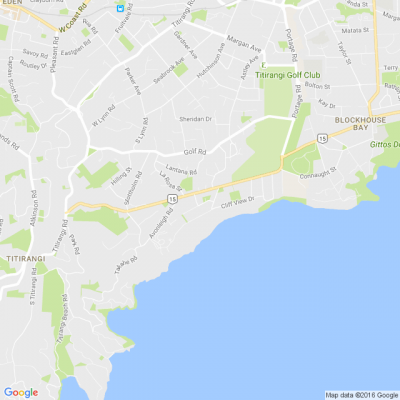
Know what’s happening
Access the private noticeboard for verified neighbours near you. Keep informed about any suspicious activity, send urgent updates to your neighbours when required and discuss emergency planning.
Get to know your neighbours
Browse the directory and start getting to know your neighbours. Don’t want to post to the whole neighbourhood? Send a private message.
Buy, sell and give away
Want to declutter your garage? Buy some used household items? Give away some garden stuff? Become a verified neighbour to browse and post items for sale. Trading is simple when everyone lives nearby.

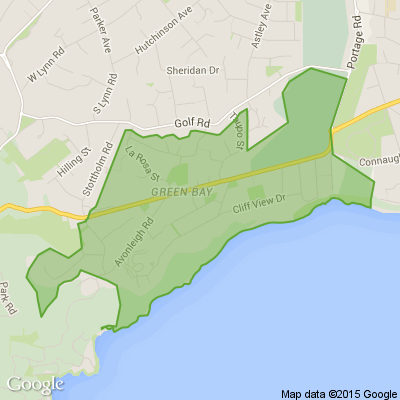
Got a job going in your company or in your backyard?
Share it on Neighbourly to find someone local.

Thank you for using Neighbourly
You may receive an email confirmation for any offer you selected. The associated companies will contact you directly to activate your requests.
Ripu Bhatia Reporter from Community News
Rubbish collectors in Auckland have seen an increase in single-use face masks being littered around the city.
Auckland Mayor Phil Goff said it served as a reminder to Aucklanders that any used masks should be put in the bin.
Goff said rubbish collectors had reported seeing an increase of … View moreRubbish collectors in Auckland have seen an increase in single-use face masks being littered around the city.
Auckland Mayor Phil Goff said it served as a reminder to Aucklanders that any used masks should be put in the bin.
Goff said rubbish collectors had reported seeing an increase of masks left in parks, reserves and on the streets in the last few weeks.
“It is great that so many Aucklanders are following health advice by wearing a mask, but we also need to remember to throw disposable masks in the bin,” he said.
“We all know the importance of being a tidy Kiwi and this is no different. Used masks being thrown on the street is not only a health risk but is also terrible for our environment.
Goff said ideally, people should dispose of masks in their bins back at home so the risk was lowered for staff who collected rubbish from public bins.
Those who did choose to litter could face fines of up to $400, Goff said.
”The council’s enforcement team is working at Level 2 and I encourage Aucklanders to report littering if they see it by calling 0800 NO DUMP.”
Goff also encouraged Aucklanders to try to use reusable masks where possible.
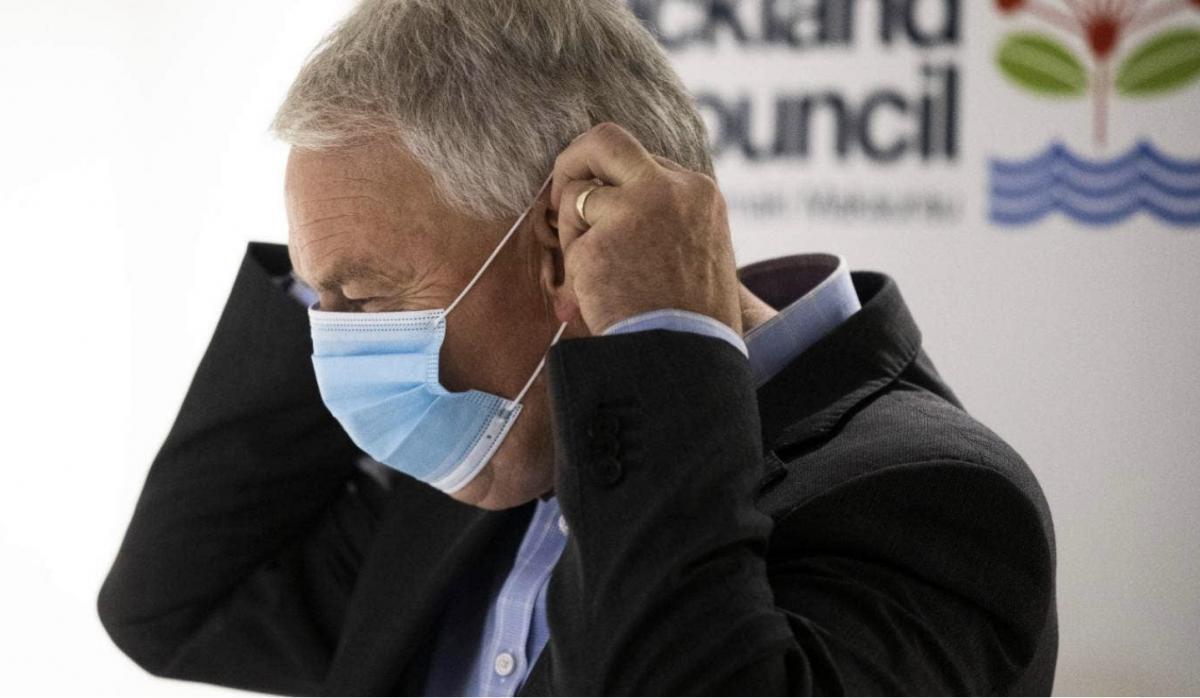
64 replies (Members only)
Ripu Bhatia Reporter from Community News
A sketch of Prime Minister Jacinda Ardern holding a “terrible orange” drawn in an unflattering resemblance of US President Donald Trump is selling on Trade Me.
The original artwork was made by a New Zealand artist using a graphite pencil and watercolours.
"The artwork is signed and … View moreA sketch of Prime Minister Jacinda Ardern holding a “terrible orange” drawn in an unflattering resemblance of US President Donald Trump is selling on Trade Me.
The original artwork was made by a New Zealand artist using a graphite pencil and watercolours.
"The artwork is signed and dated on the back and framed in a 18" x 24" Rimu frame with a white mat border," it states on the auction.
The auction closes on Sunday, and the current bid is $177. The reserve price has not been met yet.
The artwork is titled “Jacinda and a terrible orange”.

57 replies (Members only)
Join the Yates Growing Community – a free online blog to share successes, get advice & win prizes in fun challenges along the way!
A great place for gardeners of all skill levels, including newbies, to come together. You just need a passion for gardening, and a willingness to share your … View moreJoin the Yates Growing Community – a free online blog to share successes, get advice & win prizes in fun challenges along the way!
A great place for gardeners of all skill levels, including newbies, to come together. You just need a passion for gardening, and a willingness to share your journey.
The current challenge running is the Vegie Growing Challenge, and there are over $4000 worth of Go Gardening vouchers and Yates goodies up for grabs
Join the community
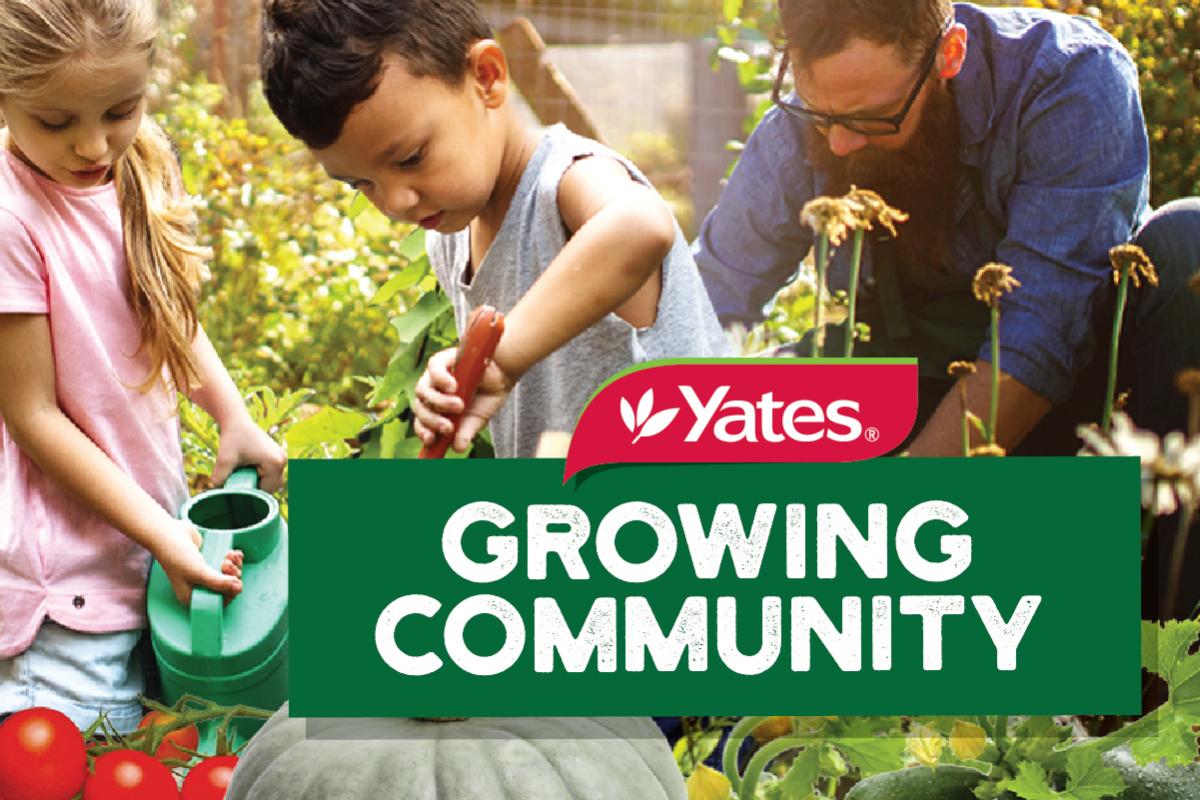
The Team from Auckland Council
How can we improve Auckland’s regional parks? Have your say on the future of regional parks in Tāmaki Makaurau by clicking on 'Read More' below 👇
📷 Tāpapakanga Regional Park
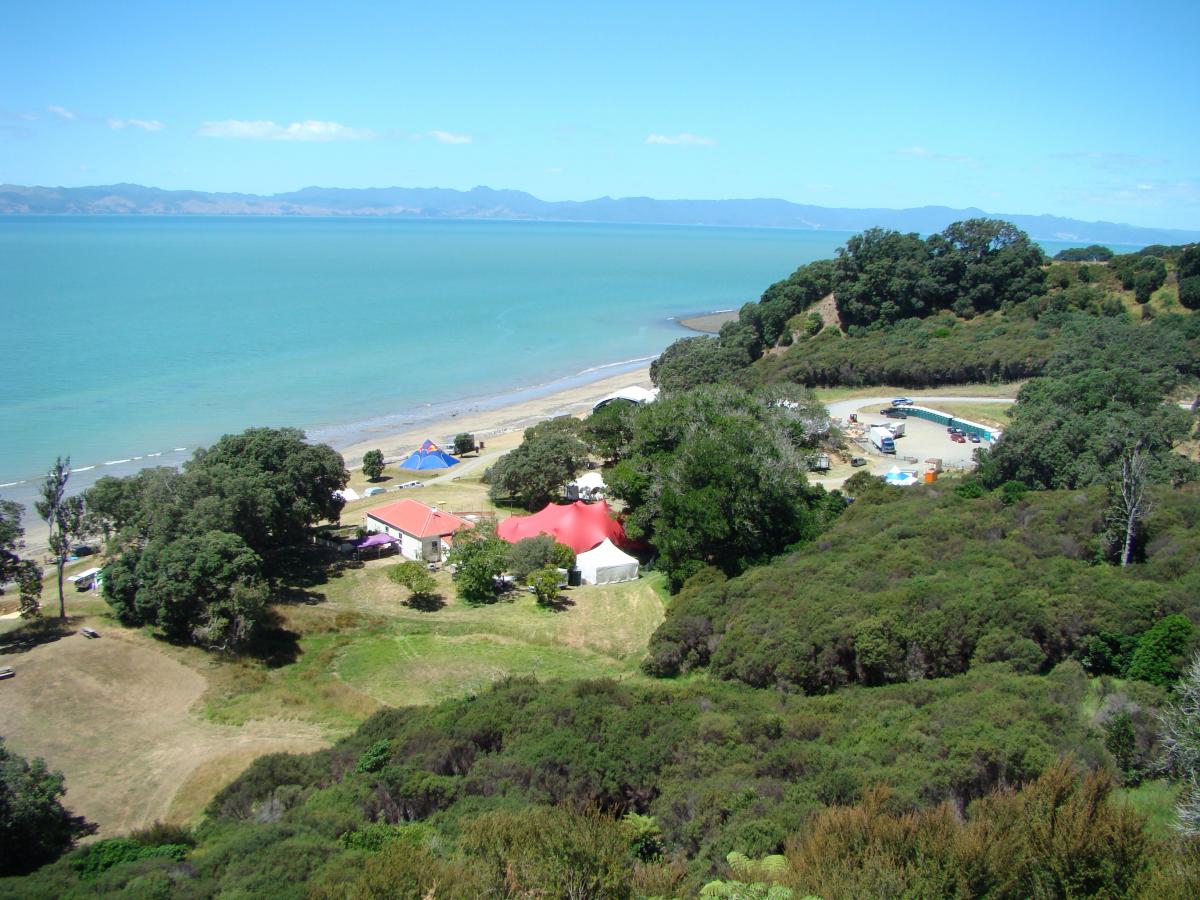
Ripu Bhatia Reporter from Community News
National has resurrected its "War on P" with a promise to fund an intensive treatment programme and 13 detox beds to reduce methamphetamine harm.
The party's drugs policy, launched by National leader Judith Collins in Hawke's Bay on Monday, includes a promised $50 million in … View moreNational has resurrected its "War on P" with a promise to fund an intensive treatment programme and 13 detox beds to reduce methamphetamine harm.
The party's drugs policy, launched by National leader Judith Collins in Hawke's Bay on Monday, includes a promised $50 million in contestable funding for community-based harm reduction programmes, and more drug dogs at airport and ports to stop drugs entering the country.
“We can either decide that we’re going to lose the war, or we’re going to decide to take it seriously,” Collins said.
“The use of this drug tears families apart, fuels violence, enriches criminals and destroys lives. We cannot tolerate the continued misery this drug causes, which leads to rising levels of violence and poverty, and widespread social harm.”
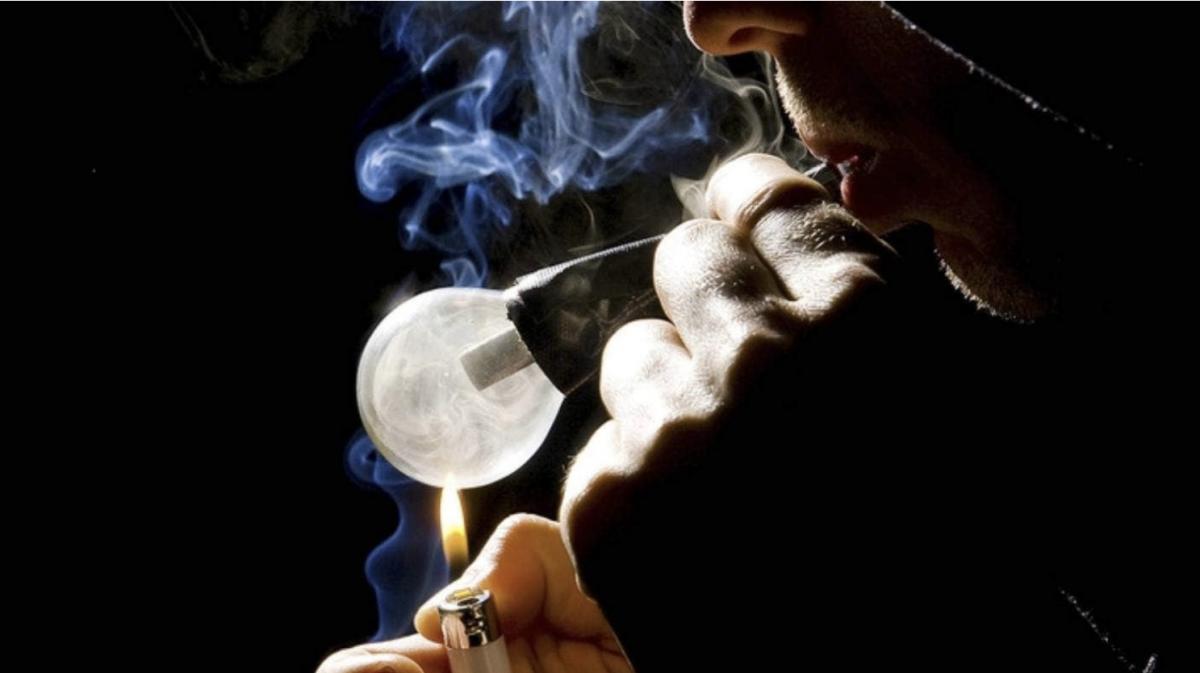
75 replies (Members only)
New Zealand School of Food & Wine
Our Moroccan inspired luncheon was an event curated by the Level 5 Management students featuring a 4 course menu prepared by the Level 4 Advanced chefs.
To start: Harira soup with parsley flat bread, followed by Chicken & Chilli Kofta with Hummus & dukkah, Lamb tagine with cous cous and… View moreOur Moroccan inspired luncheon was an event curated by the Level 5 Management students featuring a 4 course menu prepared by the Level 4 Advanced chefs.
To start: Harira soup with parsley flat bread, followed by Chicken & Chilli Kofta with Hummus & dukkah, Lamb tagine with cous cous and to finish classic Baklava with dates, apricots and walnuts and rosewater yoghurt.
Owner from The Village Early learning Centre
The Village Early Learning Centre offers free childcare sessions for children aged 3 to 6 years old. Our brand new state-of-the-art centre is located at 7 Kinross Street, Blockhouse Bay. We offer extended hours of operation, from 7:30 am to 6:00 pm. Book now www.thevillageelc.co.nz... or call us … View moreThe Village Early Learning Centre offers free childcare sessions for children aged 3 to 6 years old. Our brand new state-of-the-art centre is located at 7 Kinross Street, Blockhouse Bay. We offer extended hours of operation, from 7:30 am to 6:00 pm. Book now www.thevillageelc.co.nz... or call us today on 09 626 3511
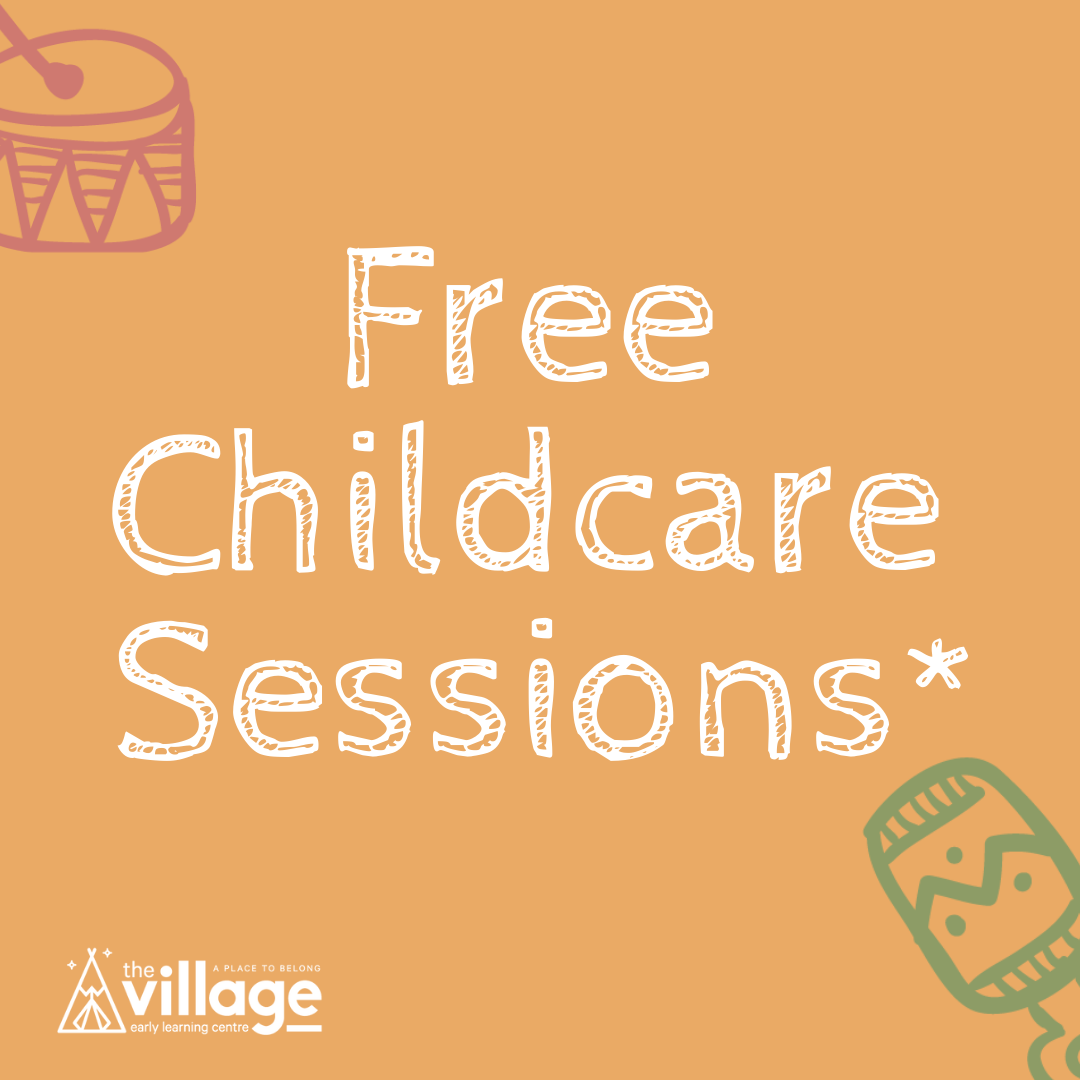
Thanks for all of your entries in our Father's Day giveaway! It was great to see all the love that Dads were getting across the nation.
It was a very difficult decision, but we want to say a massive congratulations to Elvi from Eden Terrace who took out the competition!
Don't worry … View moreThanks for all of your entries in our Father's Day giveaway! It was great to see all the love that Dads were getting across the nation.
It was a very difficult decision, but we want to say a massive congratulations to Elvi from Eden Terrace who took out the competition!
Don't worry if you missed out, there's plenty more where that came from. Keep your eyes peeled for our next giveaway.

The Team from Resene ColorShop New Lynn
Brighten up a corner of your garden with this easy-to-build bird bath and paint it in a Resene colour to suit your exterior colour palette.
Make the most of this weekend with this easy step by step project idea from Resene. Find out how to create your own
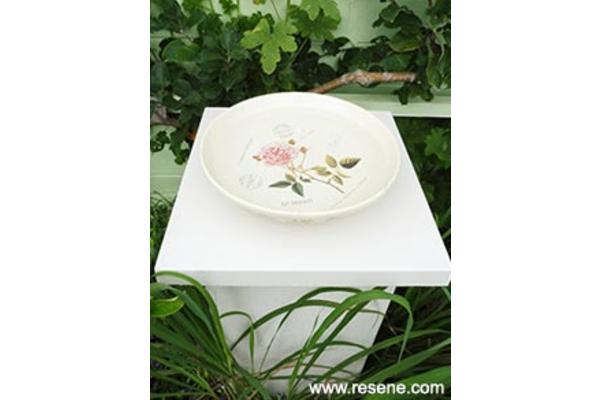
Ripu Bhatia Reporter from Community News
New World has found itself in hot water following claims it is misleading customers with its price labels.
Consumer NZ spokesperson Jessica Wilson said the chain was prominently displaying its “Clubcard price” as the main price, while the regular price was in much smaller font and easier to … View moreNew World has found itself in hot water following claims it is misleading customers with its price labels.
Consumer NZ spokesperson Jessica Wilson said the chain was prominently displaying its “Clubcard price” as the main price, while the regular price was in much smaller font and easier to miss.
Until recently, checkout operators could scan a temporary Clubcard for customers without one, which would allow all shoppers to access the loyalty scheme’s discounts. But that has since been stopped.
A Foodstuffs spokeswoman said it had removed temporary Clubcards from checkout counters after “lots of communication” with customers about the loyalty programme.
The spokeswoman disagreed with Consumer NZ’s claims and said it failed to point out that other retailers offered loyalty programmes.
Do you think New World is misleading customers with its price labels?

32 replies (Members only)
RetroFit Double Glazing - Auckland West
We all know that Retrofit double glazing is good for winter, but did you know it's also good for summer too?
Check out our short video and look at the heat transfer from single glazing vs our Low E double glazing. Talk to our local team about how we can tailor a retrofit double glazing … View moreWe all know that Retrofit double glazing is good for winter, but did you know it's also good for summer too?
Check out our short video and look at the heat transfer from single glazing vs our Low E double glazing. Talk to our local team about how we can tailor a retrofit double glazing solution for your home. Request your no obligation free measure and quote here or call 0800 658 658.
No fixed contract. No monthly spend. No tags. PayAsUGO wheelie bin service is now available in your area.
PayAsUGO is a great alternative to the Council bin tag. We will deliver a bin directly to you, and you choose how often it’s collected. Book your wheelie bin today.
*… View moreNo fixed contract. No monthly spend. No tags. PayAsUGO wheelie bin service is now available in your area.
PayAsUGO is a great alternative to the Council bin tag. We will deliver a bin directly to you, and you choose how often it’s collected. Book your wheelie bin today.
*Waste Management prices based on cost per collection. Council bin tag price based on Council recommend relations price for 140 Litre & 240 Litre bin tags. Accurate as of 2 July 2020.
Learn more

Jo McCarroll Reporter from NZ Gardener
We're giving away 100 Vegepods. To enter purchase the September issue of NZ Gardener, find the code and enter it online at Stuff.co.nz/vegepod Find out more
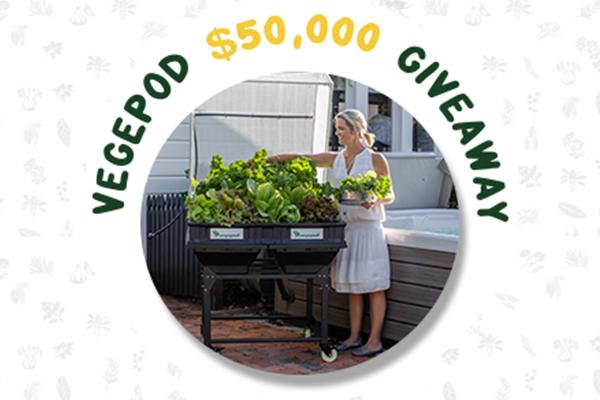
Danielle Clent Reporter from Western Leader
Hi neighbours, a student at a West Auckland primary school has been identified as a close contact of a coronavirus case.
It comes after a student at nearby St Dominic’s Catholic College tested positive for the virus. The girls-only school on Rathgar Rd in Henderson is surrounded by a number of … View moreHi neighbours, a student at a West Auckland primary school has been identified as a close contact of a coronavirus case.
It comes after a student at nearby St Dominic’s Catholic College tested positive for the virus. The girls-only school on Rathgar Rd in Henderson is surrounded by a number of other schools, including Liston College and Waitākere College on the same street.
Do you have children who attend these schools? Are you concerned? Tell us in the comments below.

Ripu Bhatia Reporter from Community News
Senior students in Auckland will be able to get bonus NCEA credits and enrol in summer school after the second Covid-19 lockdown disrupted their learning.
Education Minister Chris Hipkins announced a raft of temporary changes to NCEA for Auckland students, who have missed an extra two a half … View moreSenior students in Auckland will be able to get bonus NCEA credits and enrol in summer school after the second Covid-19 lockdown disrupted their learning.
Education Minister Chris Hipkins announced a raft of temporary changes to NCEA for Auckland students, who have missed an extra two a half weeks of school compared to pupils in the rest of the country.
The changes build on the system of bonus credits previously announced for all students.
Auckland teenagers will now earn one bonus credit for every four credits they achieve, up to a maximum of 16 bonus credits at level 1, and 12 at levels 2 and 3.
In the rest of the country, students will get one credit for every five they earn, up to a maximum of 10 and eight.
Four thousand students will now be able to enrol in summer school through Te Kura Correspondence School. There is normally a cap of 1000 students.
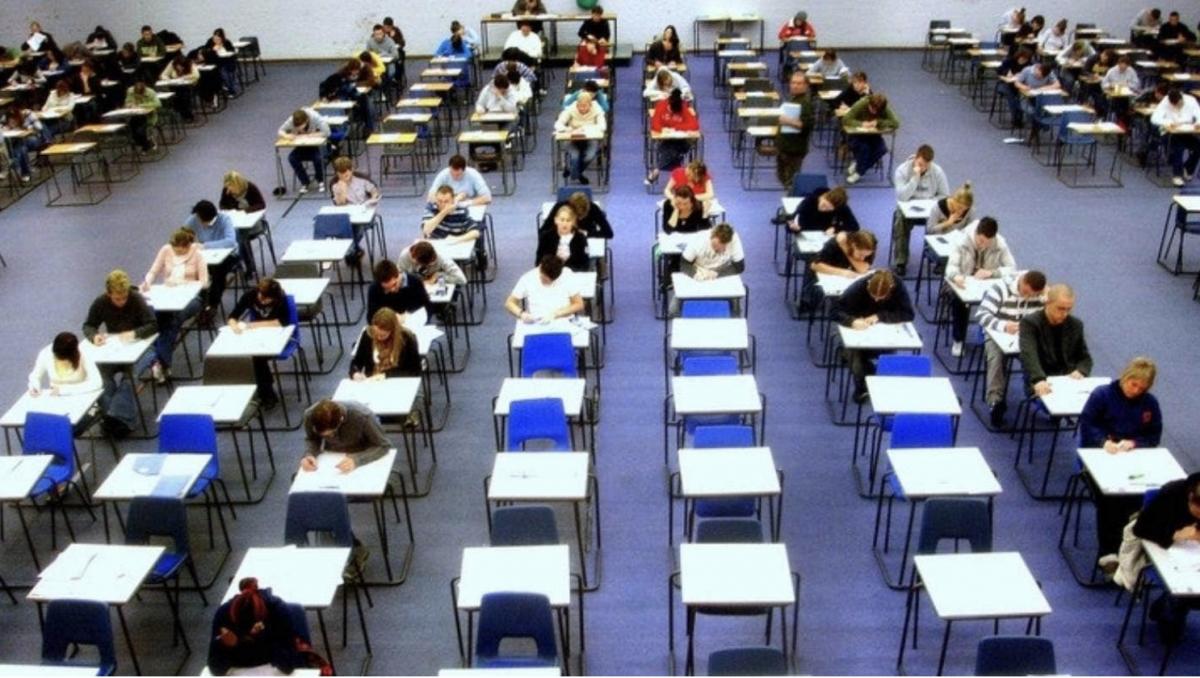
12 replies (Members only)
 Loading…
Loading…
Are you sure? Deleting this message permanently removes it from the Neighbourly website.
 Loading…
Loading…
© Neighbourly 2026
